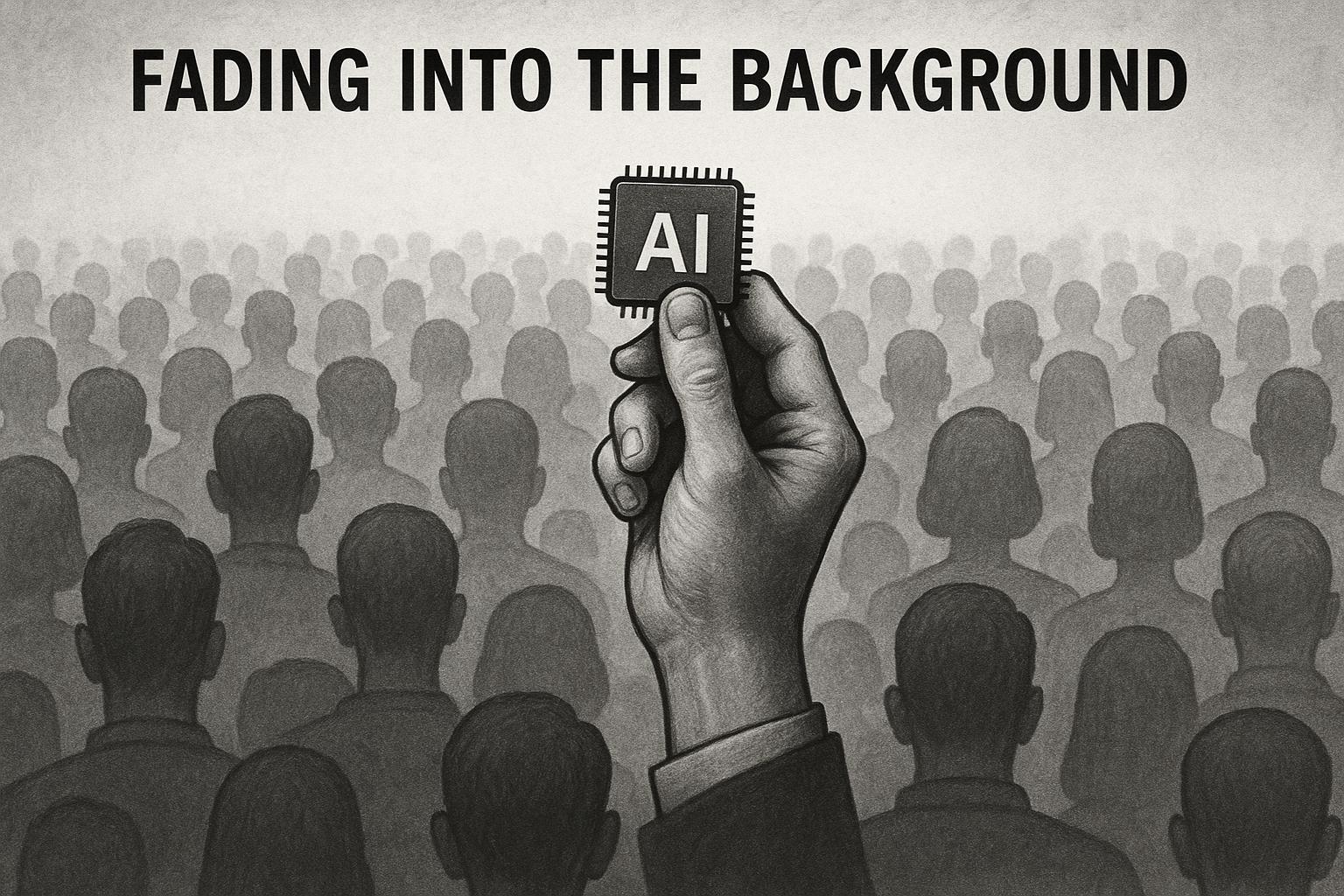The quiet diplomatic realignment between the United States and the United Kingdom in artificial intelligence (AI) development is emerging as a pivotal story with potentially global consequences. Amidst the clamour of tech headlines spotlighting ChatGPT’s soaring user base and former President Donald Trump’s ambitious $500 billion Stargate AI infrastructure project, the US-UK partnership has taken a more strategic and less publicised route. This alliance is codified in new financial commitments—exceeding £150 billion—and formalised treaties such as the recently signed Tech Prosperity Deal at Chequers.
This US-UK alignment diverges sharply from the broader international consensus represented by the February Paris AI Action Summit, where about 60 countries endorsed principles advocating for AI development that is “open, inclusive, transparent, ethical, safe, secure and trustworthy.” Notably, the US and UK refrained from joining this declaration, a move that signals their preference for fostering AI innovation through minimal regulatory constraints. JD Vance, speaking at the same summit, encapsulated this viewpoint, warning that “excessive regulation of the AI sector could kill a transformative industry just as it’s taking off.” This marks a stark counterpoint to the European model, which prioritises stringent, risk-tiered regulatory frameworks such as the EU’s AI Act.
Behind closed doors, the US and UK have been forging a new governance path. The UK has transitioned away from the safety-first approach it championed during its 2023 AI Safety Summit under then-Prime Minister Rishi Sunak, instead synchronising with American “pro-growth AI policies.” This pivot is reflected by a joint bilateral agreement signed in April 2024, focused specifically on collaborative testing of advanced AI systems. The partnership leverages the UK's AI Safety Institute—regarded as one of the world's leading AI evaluation bodies—and America’s vast computational infrastructure and industry leadership, especially with technology giants like Microsoft and Google.
The economic dimension of this partnership has become palpable with major investment pledges. Microsoft committed £22 billion for AI and cloud infrastructure, including the development of the UK’s largest AI supercomputer employing over 23,000 Nvidia GPUs. Google's £5 billion expansion includes a significant data centre in Hertfordshire projected to support thousands of jobs and powered predominantly by carbon-free energy. Additionally, Blackstone has pledged an enormous £90 billion investment over the next decade, though the specifics remain undisclosed. These investments underpin the formal Tech Prosperity Deal, which encompasses cooperation in AI, quantum computing, and nuclear energy, underscoring a shared ambition to secure technological dominance in critical sectors.
Prime Minister Keir Starmer’s welcome to Trump’s second state visit to the UK has been validated by these huge inflows of US investment, with the deal seen as a keystone for positioning the UK within the escalating global AI arms race, particularly in competition with China. The agreement also strengthens transatlantic ties in the tech sector, involving key players such as Microsoft, Google, Amazon Web Services, Oracle, and others. UK officials highlight the technological transformation and economic growth potential these investments represent, even as some observers voice concern about increasing US influence on British technological infrastructure and diminished EU trade leverage.
Industry groups like UKAI cautiously welcomed the UK’s stance, viewing the lack of commitment to international regulatory agreements as an opportunity to pursue more ‘business-friendly’ and innovation-led policies aligned with US partners. Conversely, experts in global AI governance express apprehension about this direction. Gaia Marcus from the Ada Lovelace Institute urged that the UK should not abandon vital international frameworks essential for safe AI development.
While the US-UK axis pursues this innovation-first model, a three-way global governance divide is crystallising. Europe remains steadfast on comprehensive regulation through the AI Act, China continues expanding AI under state-backed companies with strict political oversight, and the US-UK alliance promotes lighter regulation paired with robust industry collaboration. However, this apparent ‘win-win’ scenario carries complex trade-offs. As US technology capital flows robustly into the UK, British pharmaceutical giants like AstraZeneca, Merck, and GSK have redirected billions of pounds in investment to the United States, raising worries about economic dependencies shifting sectors unevenly.
This recalibration extends beyond economics to messaging and strategic orientation. UK government communications now emphasise “pro-growth policies” and harnessing opportunity rather than the earlier rhetoric centred on “responsible innovation” and “trustworthy AI.” Critics remain concerned about the UK’s position in the global technology landscape. Former Deputy Prime Minister Nick Clegg described the US investments as “crumbs from the Silicon Valley table” and highlighted the UK’s persistent challenge: British startups often relocate to the US in search of growth capital. Financial commentators note that the broader trade deals still leave the UK contending with tariff barriers, fueling debate on whether the country is shaping its own AI destiny or serving as a host for American technological expansion.
As the Tech Prosperity Deal and related commitments come to the fore, the most significant yet understated outcome is the US and UK’s coordinated rejection of international AI governance frameworks they view as a hindrance to innovation. With the UK’s AI Safety Institute and America’s technology ecosystem working in tandem, these two allied nations are not just pooling resources—they are poised to set global standards that others may have to follow or react against. For countries engaging with AI’s next frontier, this creates a distinct bifurcation between the European regulatory approach and the Anglo-American market-driven strategy.
In sum, the US-UK AI partnership is reshaping the geopolitics of technology development with profound implications for regulation, investment flows, and the competitive dynamics of global AI research. Whether this alignment will accelerate breakthrough innovation or exacerbate risks by downplaying safety concerns remains a live question as the international community watches closely.
📌 Reference Map:
- Paragraph 1 – [1], [2], [3]
- Paragraph 2 – [1]
- Paragraph 3 – [1], [5]
- Paragraph 4 – [1], [4], [6]
- Paragraph 5 – [1], [2], [3], [5]
- Paragraph 6 – [1]
- Paragraph 7 – [1], [2], [6]
- Paragraph 8 – [1], [2]
- Paragraph 9 – [1]
- Paragraph 10 – [1]
Source: Noah Wire Services
